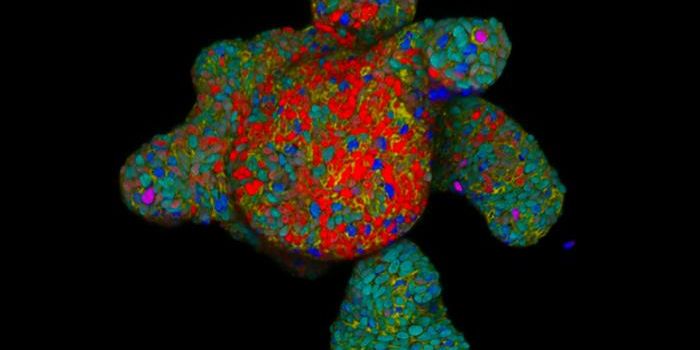Height & Health - Being Tall Affects Disease Risk
Height has long been linked to an increase in the risk of disease, but what's been tough to determine is whether things other than biology are causing that association, such as nutritional intake or socioeconomic status. Very large studies that use computational tools to look for patterns among the genomes of thousands of people cab help settle the question.
In the Million Veteran Program, researchers have obtained genetic and health data for many individuals. In this study, reported in PLoS Genetics, scientists looked for connections between specific diseases, height, and the height that is predicted by genetics, using data from over 200,000 white adults and 50,000 Black adults. Over 1,000 characteristics and conditions were assessed in this investigation.
This research has indicated that being tall is indeed connected to a change in the risk of a variety of cardiovascular conditions; tall people are more likely to have varicose veins or atrial fibrillation, and they are less likely to have high cholesterol, high blood pressure, or coronary heart disease. These findings confirm previous studies.
The scientists also revealed some new links. Being tall also increases the risk of skin and bone infections like leg ulcers, and raises the likelihood of peripheral neuropathy, chronic pain that occurs when nerve endings become damaged.
The study authors also suggested that height could be a previously unrecognized risk factor for some disorders. More research will be needed to confirm that hypothesis, however, and more data from even more diverse groups could help find an answer.
Study author Sridharan Raghavan, MD of the Rocky Mountain Regional VA Medical Center noted that this risk factor also cannot be changed.
There was evidence that adult height could be influencing over 100 clinical traits, "including several conditions associated with poor outcomes and quality of life -- peripheral neuropathy, lower extremity ulcers, and chronic venous insufficiency," added Raghavan.
The Million Veteran Program (MVP) is aiming to decipher the links between a variety of health conditions, genetics, lifestyle, and military service. If you are interested in learning more about the project, or in becoming a participant, go to the MVP VA website here.
Source: PLoS, PLoS Genetics









